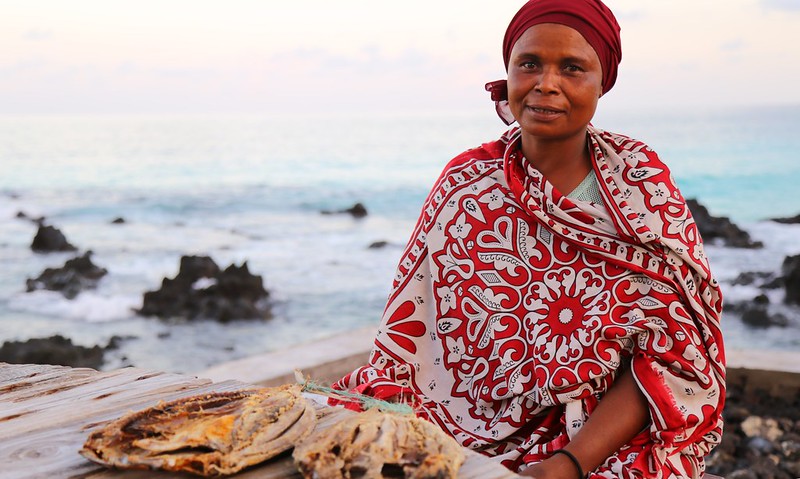What is the Comoros Fomboni Accord?
The Union of the Comoros is actually three poverty ridden islands and the Fomboni Agreement is a major piece of Legislation governing Comoros.
In 2001, the Union of the Comoros; Anjouan, Moheli and Grande Comore signed the Fomboni Agreement. The Fomboni Agreement states the federal presidency rotates among the three islands of Anjouan, Moheli and Grande Comore, however, each island maintains its local government.

The Fomboni Agreement is named after the capital of the island of Moheli in the Union of Comoros
The African nation Comoros is actually three small islands; Anjouan, Moheli and Grande Comore.
 |
| Comoros: Anjouan, Moheli and Grande Comore |
In Southern Africa lies a group of African islands at the northern opening of the Mozambique Channel in the Indian Ocean, Anjouan, Moheli and Grande Comore volcanic islands collectively known as Union of the Comoros.
In 1997, the islands of Anjouan and Moheli declared independence from Comoros. In 1999, military chief Azali Assoumani seized power of the government and helped negotiate the 2000 Fomboni Agreement.
The Fomboni Agreement is named after the capital of the island of Moheli in the Union of Comoros. The Fomboni Agreement states the federal presidency rotates among the three islands of Anjouan, Moheli and Grande Comore however, each island maintains its local government. The referendum was held December 2001 and the new Union of Comoros was created.
In 2007, Mohamed Bacar ignored the 2000 Fomboni Agreement and invoked Anjouan's outdated secession pact from the Union of Comoros, refusing to step down when Comoros' other islands held elections. March 2008 the African Union and Comoran soldiers seized Anjouan and in May 2011, Ikililou Dhoinine was elected president.
 |
| Moroni Comoros |
Comoros (Anjouan, Moheli and Grande Comore islands) have few natural resources except vanilla, cloves, and ylang-ylang oil. Comoros exports about 80% of the world's supply of ylang-ylang oil, an essential oil that is the main ingredient of most high-end perfumes.
However, Comoros is one of the world's poorest countries. The country is not self-sufficient in food production and rice which is the main staple, is imported.
On the 2014 Ibrahim Index of African Governance Comoros ranks 30th overall among African countries scoring 49.3/100. Comoros also scored lowest in sustainable economic opportunity scoring an overall 44th place 31.3/100; Public Management took 46th place 30.1/100, Business Environment 39th place 33/100, Infrastructure 36th place 26.6/100 and Rural Sector 47th place 35.6/100.

